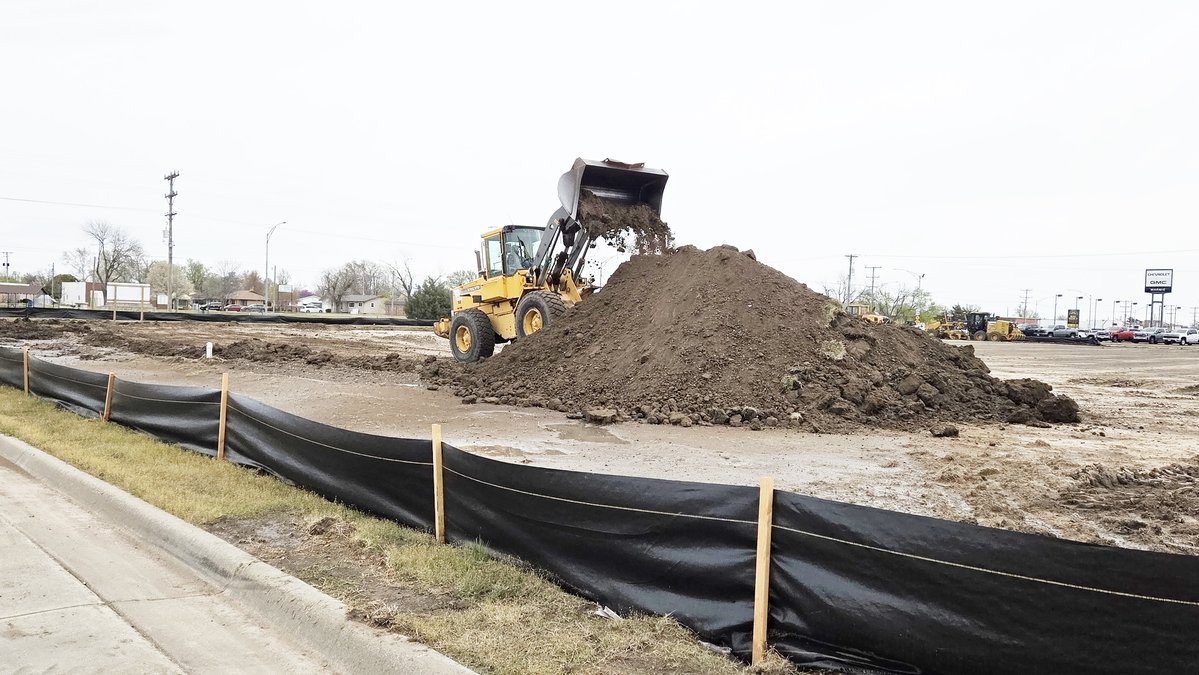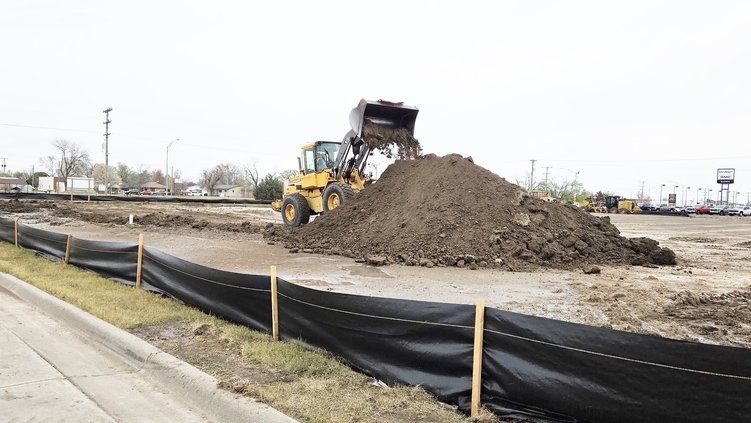Well aware of workforce woes, the Great Bend City Council Monday night listened with great interest as Golden Belt Community Foundation’s Executive Director Christy Tustin explained the Come Home reverse scholarship program.
This effort is designed to lure former residents with secondary education degrees and/or backgrounds in skilled trades to return to, and live and work in the four counties served by the foundation – Barton, Pawnee, Rush and Stafford. In so doing, these scholarships would support the myriad local economic development efforts.
“This is a regional effort,” said Tustin.
“For last couple years, we’ve been studying what can best be described as economic philanthropy,” Tustin said. The GBC took part in a competitive process and became a part of the Rural Economic Development Philanthropy Innovators Network.
The goal was to bring folks home, she said.
“For us, it came back to people,” she said. This is both a positive and a negative.
“We have amazing people in our communities, and a lot of talent in this area,” she said. “The bad part of that is we lose a lot of talent and lot of amazing people for a lot of different reasons.”
A program caught their eyes that was being done in Michigan involving talent retention. “It can be called a reverse scholarship, or post-graduation scholarship,” Tustin said.
In short, they are looking for people who have left the community up to seven years post graduation from all levels of post-secondary education. “We want to reach that population and say ‘have you considered moving back to your home town,’” she said.
There would be preferences given to those with ties to the community since they would be the most likely to come back and stay.
Through a rigorous, highly competitive, application process, people could possibly receive an award of up to $10,000 for student loan debt payoff. It would be dolled out over a five-year period to better assure the individuals stay in the area.
“This will free up their funds so they can move, buy and house and maybe start a business,” Tustin said.
Since she is working regionally with all four counties covered by the foundation, it has involved a lot of legal work, she said. And, “there is still a lot of work to be done.”
She is working through county level to simply things and not have to involve all the communities in the region. Citing similar workforce concerns in October, the Barton County Commission approved a resolution supporting program, as well as an agreement with the foundation to manage it.
What’s next?
As an additional step, she is promoting coupling the reverse scholarships with a package of donated services and assistance to those with entrepreneurial interests.
“We want to partner with work done by other committee. We can all build on each other,” she said. “Its not going to be the Community Foundation program solely that brings people back, its going to be the culmination of a lot of efforts.”
She already has $110,000 committed over a five-year period from private sources. That is enough for three awards in 2019.
She has not asked any governmental entity for funds yet. But, they are welcome to contribute.
Great Bend Chamber of Commerce President Jan Peters yielded a portion of her monthly eco devo report to the council to allow Tustin to make the presentation. “It always comes back to not having enough people, not having enough workers,” Peters said, citing work done by the Great Bend Better than Great and other efforts.
“This really could be a game changer for us,” Peters said. “I think its a brilliant plan.”
“These are exactly the kind of things we need to look at,” said Councilman Chad Somers. “It fits right in line with our economic development plan. This is what we’ve got to do.”
Over the next three to four weeks, Tustin will conduct meetings across the four-county area to offer more information about the initiative.
There is a need
“There are jobs. There are openings,” she said. But, any area chamber or business leader will say their biggest problem is a lack of a qualified workforce.
The percentage of residents holding a post-secondary degree or certificate in the four counties is far below the national average (16.7 percent in Barton County compared to 30 percent nationally). Adding to this are projections that the population will continue to dwindle and grow older.
“This is a big issue,” Tustin said. “No one entity can do this alone and that’s why we are seeking these partnerships.”








